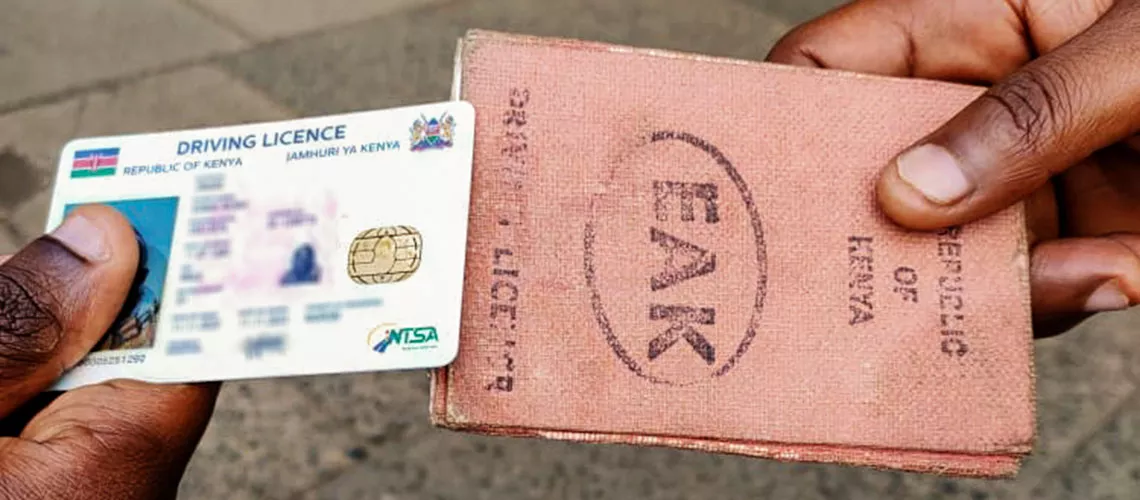An audit of Kenya’s smart card driving license initiative has uncovered significant mismanagement and financial misconduct within the National Transport and Safety Authority (NTSA).
The audit, published on Sunday, June 30, reveals a KSh1.2 billion discrepancy in funds and severe delays in the project’s implementation.
Launched in 2017 with the goal of distributing five million second-generation smart card driving licenses, the project has lagged far behind schedule.
Auditor General Nancy Gathungu reported that NTSA’s management failed to enforce the widespread use of these smart driving licenses, leading to substantial financial losses.
The audit report says that out of the allocated KSh2.03 billion, the supplier delivered 4,042,050 smart cards, but a large portion — 2,562,874 cards — remains unused in NTSA’s storage, valued at around KSh788.85 million.
“The failure to utilize these smart cards represents a significant lapse in financial management,” said Gathungu, highlighting that the project has not provided value for the KSh1.2 billion already spent.
The audit also examined NTSA’s implementation of the Transport Integrated Management System (TIMS), which was intended to centralize vehicle registrations, inspections, and driver licensing.
Despite an investment of KSh186.48 million, the system has notable deficiencies. Since March 2023, TIMS has been managed through the E-Citizen platform but lacks comprehensive reporting capabilities, preventing accurate analysis of revenue streams across NTSA’s regional offices.
Identified weaknesses include the system’s inability to generate detailed transaction reports and the lack of data migration from previous versions, limiting NTSA’s operational efficiency.
Furthermore, crucial revenue data such as license fees and permit revenues, totaling Ksh1.04 billion, could not be verified against e-Citizen reports due to system limitations.
“The current access limitations and data inconsistencies undermine NTSA’s ability to validate financial statements,” stated the audit report.












